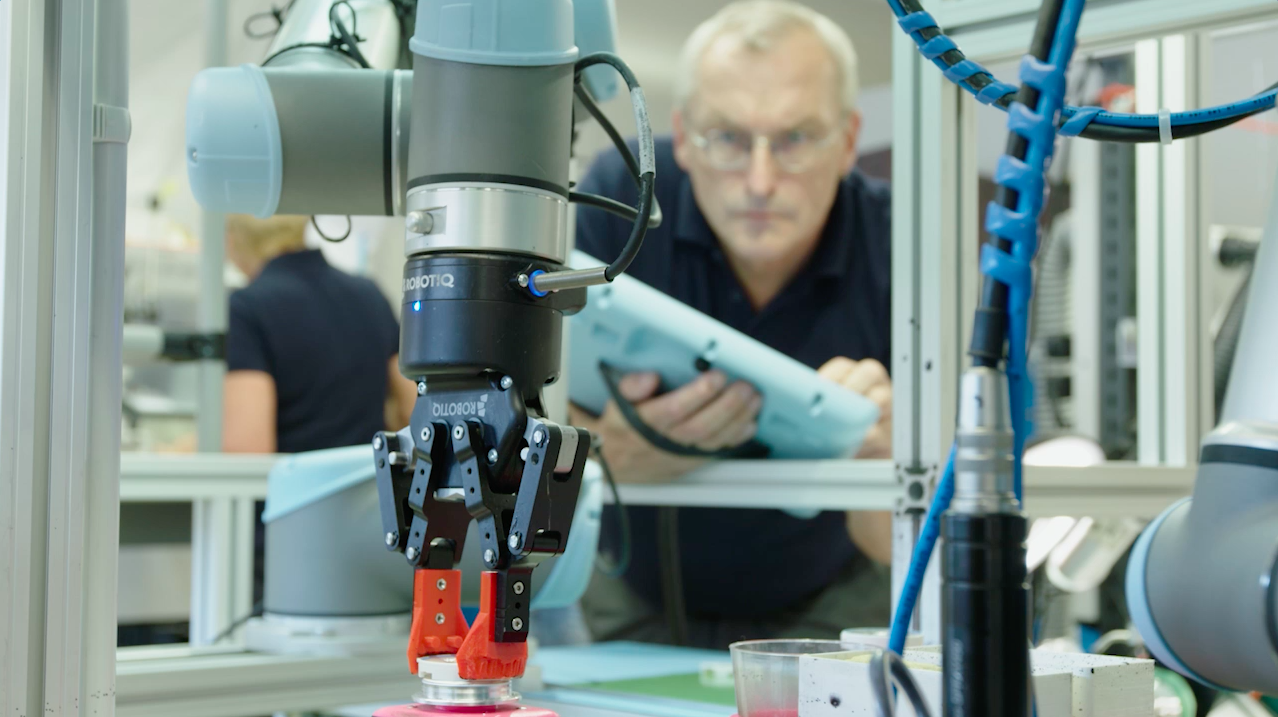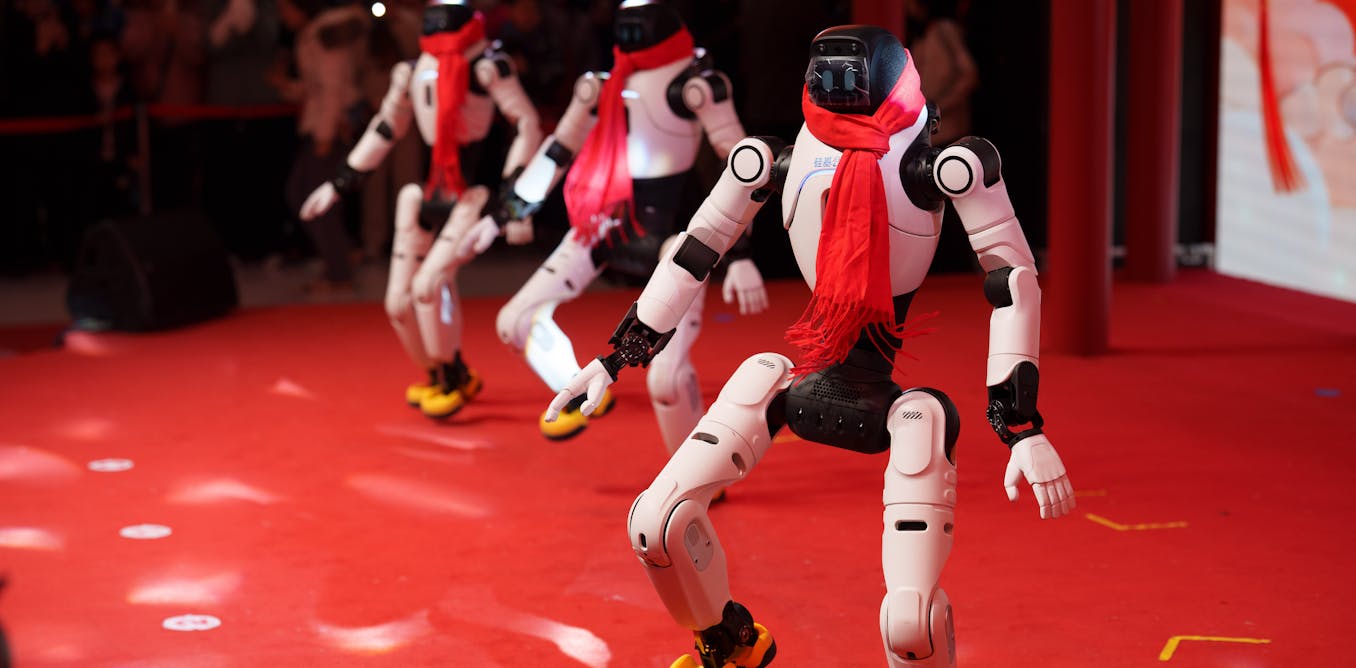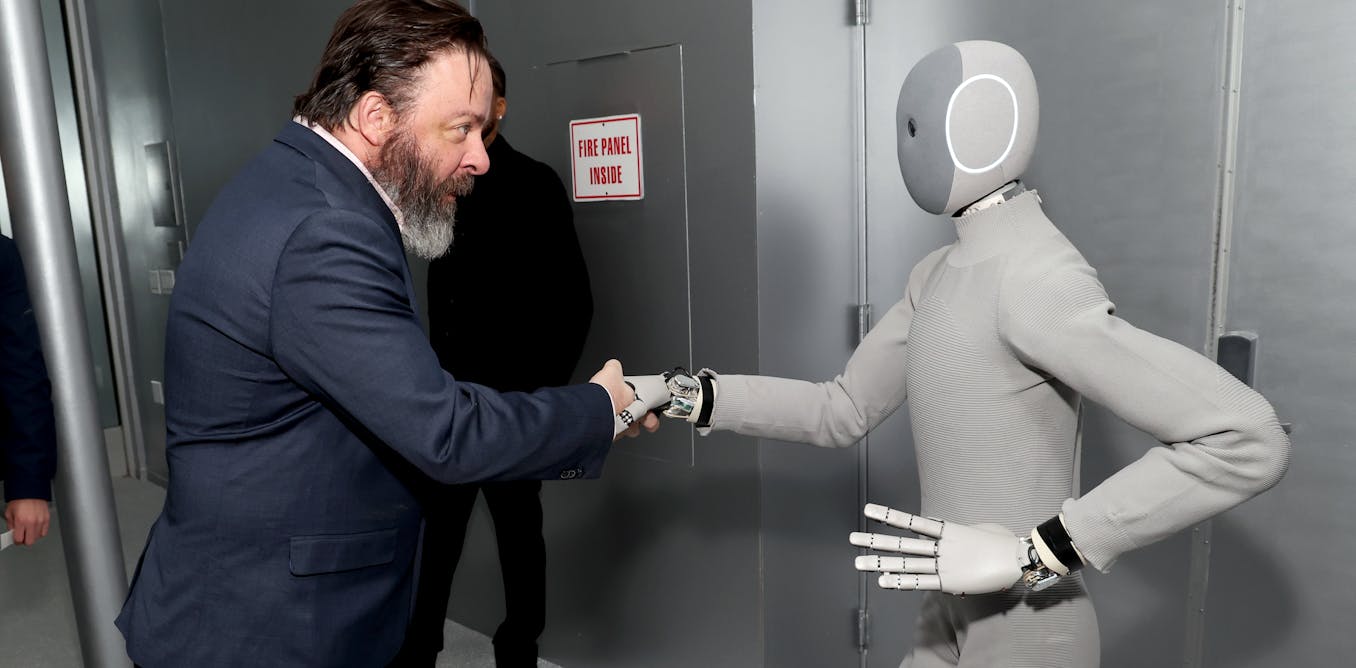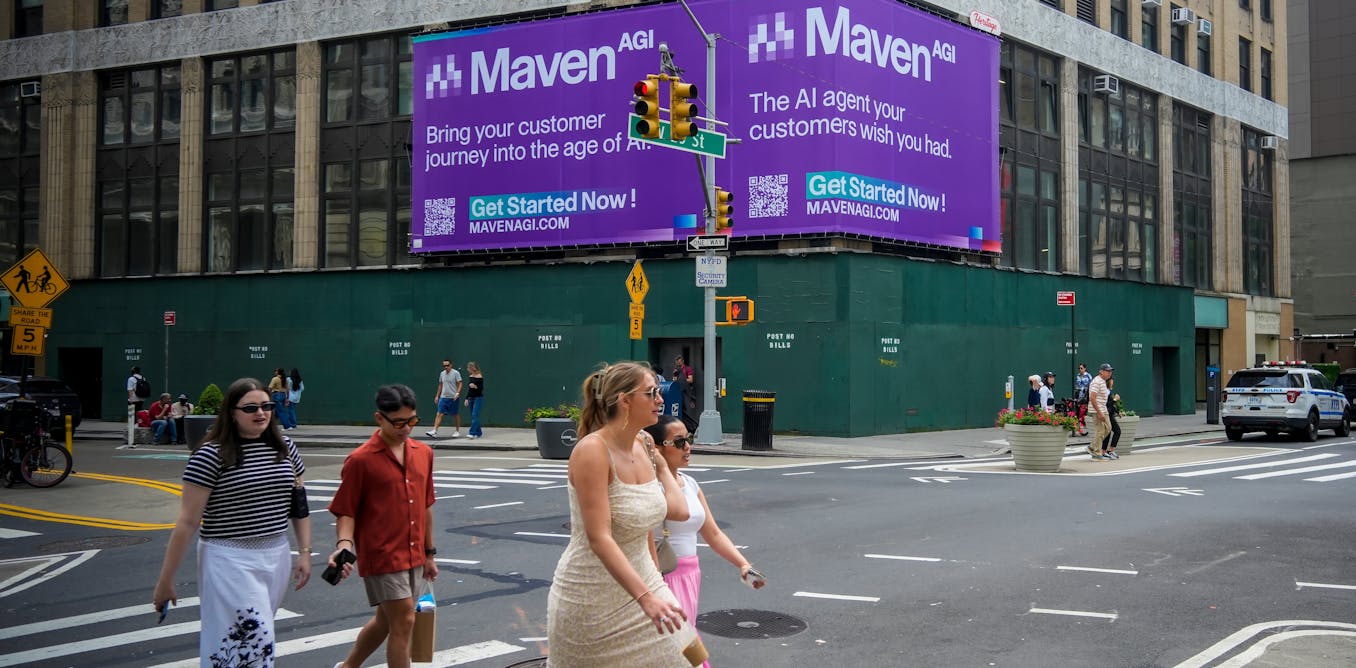For one major U.S. coffee roaster, the daily grind of end-of-line palletizing had become a real pain point. Manual stacking was physically demanding, time-consuming, and increasingly unsustainable in a tight labor market. High turnover, safety concerns, and production bottlenecks were limiting growth — and stretching both people and equipment to the limit.
With the help of Lean Palletizers, deployed in collaboration with Olympus Controls, this coffee producer found a better way to roast, pack, and ship more efficiently. Six palletizing units later, they’ve got a 13-month ROI and a workforce that’s happier, safer, and more productive than ever.
Traditional automated systems were too expensive or too rigid to meet their needs. What they required was a flexible, cost-effective, and operator-friendly palletizer that could keep up with changing carton formats and high volumes — without disrupting production.
Brewing a better workflow
Before automation, the company’s team of 120 employees manually stacked thousands of coffee cases each day. The work required constant bending, twisting, and lifting — the kind of repetitive strain that leads to fatigue and injuries. Turnover hovered around 60%, and each new hire required training across more than 400 SKUs and dozens of pallet configurations.
As the company grew, these challenges intensified. Production lines had to pause because palletizing couldn’t keep up, and operators were left running from station to station to fill gaps. For a business built on quality, precision, and reliability, this simply wasn’t sustainable.
Why cobots, not conventional robots?
The company explored several automation options — from hydraulic lifters to traditional industrial robots — but most were too rigid, too costly, or too space-hungry. With limited floor space and the need to keep pallets on the ground for pallet-jack access, the team needed something compact, flexible, and easy to use.
That’s where collaborative robots (cobots) came in. Robotiq’s PAL Series with a PE Series Palletizer, powered by a Universal Robots cobot, checked every box:
✅ Small footprint – fits seamlessly into existing lines
✅ No safety cages – thanks to built-in scanners and sensors
✅ Fast deployment – installed and running in just a few days
✅ Simple to operate – new employees learn in minutes
As one engineer put it:
“The fact that Robotiq integrated that seventh axis made us feel like they did more homework than anyone else. It showed they’d really thought about what makes palletizing efficient.”
Seamless collaboration from start to finish
The deployment was handled by Olympus Controls, a trusted Robotiq partner known for precision and customer service. The three-way collaboration between the manufacturer, Olympus, and Robotiq made installation and training smooth from day one.
In just three days, the first cobot was fully operational:
- Day 1: Mechanical installation
- Day 2: Software setup
- Day 3: Operator training
“It was uneventful — it just worked,” said the company’s Director of Engineering.
With Robotiq engineers onsite for startup coaching, the team quickly became self-sufficient — confident enough to program, maintain, and even optimize new applications independently.
A safer, happier, and more productive floor
The most visible change wasn’t just in throughput — it was in morale.
Operators now work with the robots, not against them. Each cobot even has a name — a sign of how naturally they’ve integrated into daily life on the floor.
“My life has changed since the cobots arrived,” shared one operator. “No more back pain, no more rushing, and I still get everything done.”
During a workplace safety audit, local inspectors were impressed by how seamlessly the robots operated alongside people, calling it a model setup for collaborative safety.
.
The numbers speak for themselves
Performance gains were immediate and measurable:
- 6 palletizing lines fully automated
- Throughput: up to 6,500 cases per day on the fastest line
- ROI: achieved in 13 months
- Turnover: dramatically reduced
By automating the most physically demanding task, the company didn’t eliminate jobs — it elevated them. Former end-of-line workers moved into higher-paying technical roles, even leading to an increase in the plant’s minimum wage.
A sustainable path forward
What started as a solution to a labor challenge became a blueprint for sustainable growth. The success of this deployment paved the way for future automation initiatives — each one designed around the same principles: safety, simplicity, and scalability.
As the COO summed it up:
“The ROI was a slam dunk. The installation was the smoothest of any equipment I’ve seen in 28 years.”
With Robotiq and its partners, this coffee producer proved that automation doesn’t just replace manual labor — it empowers teams, boosts performance, and keeps production flowing, one pallet at a time.
Ready to see how fast your factory can scale?
Cobot palletizers can help you overcome labor shortages, reduce ergonomic risks, and keep production running smoothly.
Your first step is simple: try the Palletizing Fit Tool.
In just a few clicks, you’ll get:
- A custom 3D simulation of your palletizing cell
- ROI and payback period based on your real data
- A shareable report for internal decision-making
Start fast. Scale with confidence.
Fill out the Palletizing Fit Tool today and see if Lean Palletizing is right for your operation.
![]()
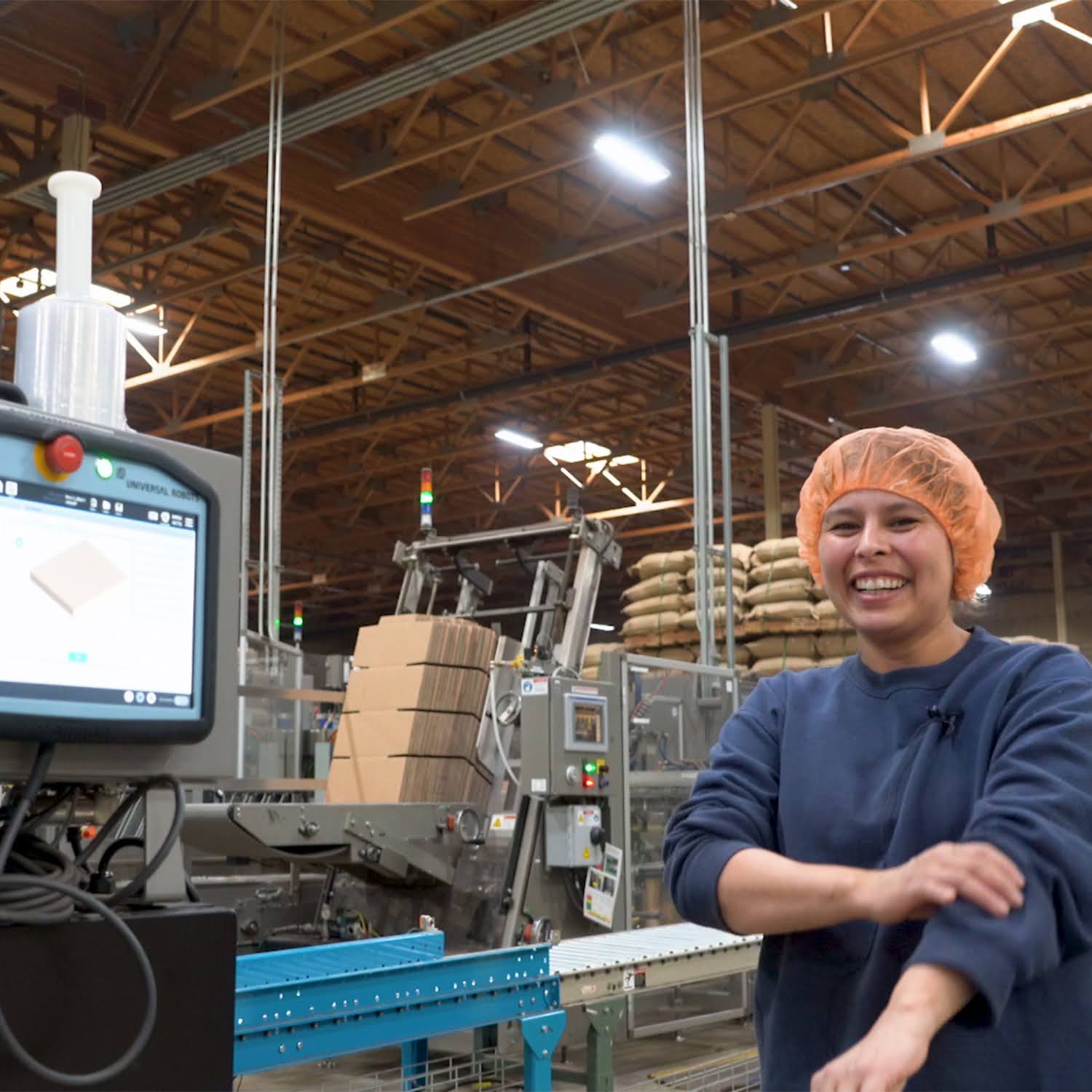
The post “From manual to modern: Brewing a safer, faster future with palletizing automation” by Élisabeth Ste-Marie was published on 10/07/2025 by blog.robotiq.com












